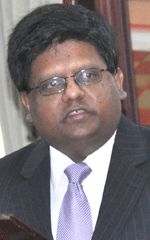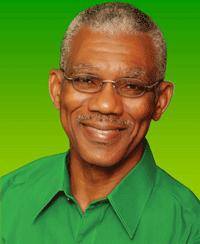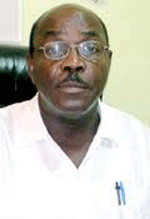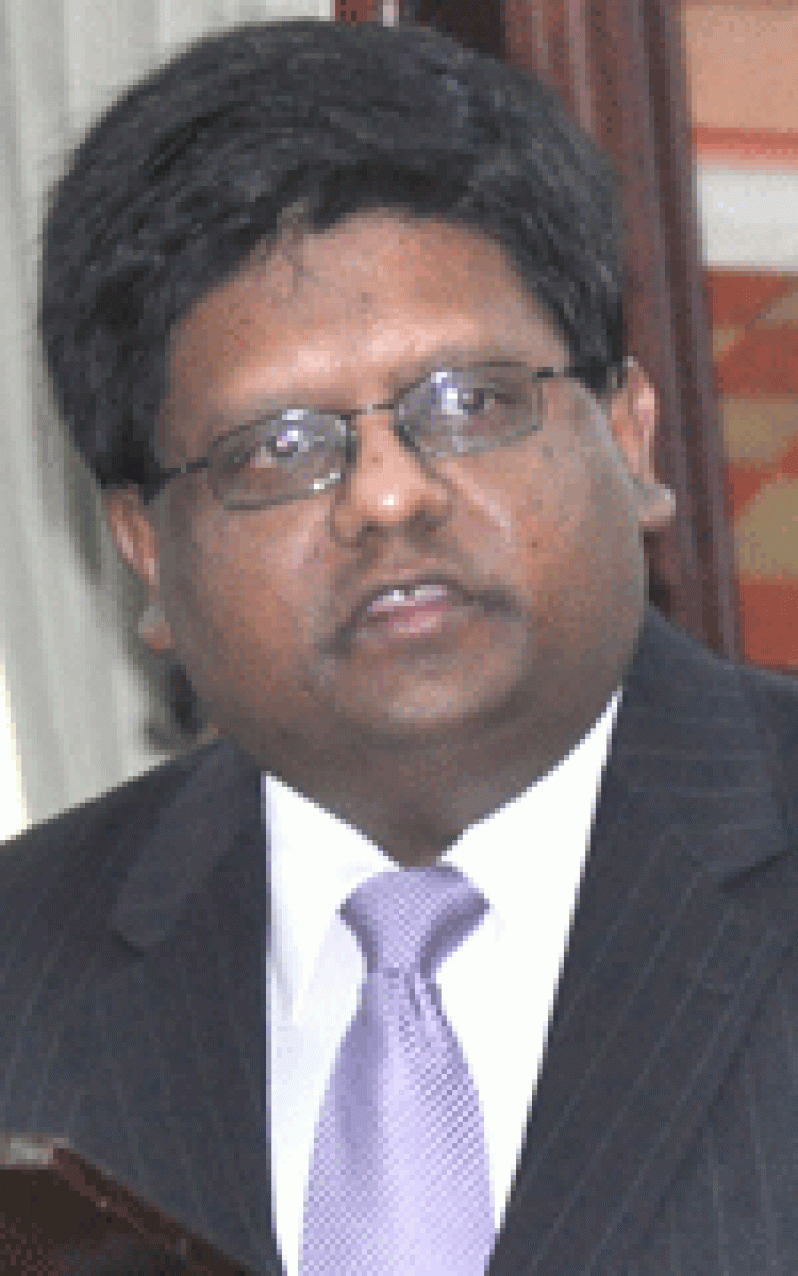IN A way, both the government and parliamentary opposition may have lived up to political expectations on Friday when Finance Minister, Dr. Ashni Singh presented the national budget for 2012—the first for the new post-November 2011-general election administration of President Donald Ramotar. The Finance Minister managed to sustain optimism in Guyana’s economic growth path—already well recognised by the international financial institutions (IFIs) and the  Caribbean Development Bank (CDB).
Caribbean Development Bank (CDB).
For their part, the opposition coalition of APNU and AFC were able to spot “massive failures” and, yes, a sad “neglect of the poor”. The rhetoric comes easily. The devil is in the details. Readers must wait.
Such is the nature of competitive party politics in a multi-party parliamentary democracy. Personally, I would await the informed and objective assessment of a credible economist, familiar with the fiscal policies of Guyana, hopefully before the parliamentary debate begins on the new G$192.8B budget.
For now, it is of significance to note that the Federation of Independent Trade Unions of Guyana (FITUG)—the umbrella body grouping the oldest and biggest unions among its affiliates–lost no time in releasing a statement that commends the budget from “a labour perspective”, in the name of its President, Carvil Duncan.
As FITUG sees it, “for the average working man, the biggest measure in this budget is the increase in the income tax threshold that put an additional $40,000 in one’s pocket per annum, if they are earning above $50,000 per month. This 25 percent increase is the largest on record and is very much appreciated…”
Of course, unions that are known to be traditional critics, if not exactly political opponents of the governing PPP, can be depended upon for a  “different perspective”.
“different perspective”.
Growth satisfaction
At a time when governments across the Caribbean Community (CARICOM) have been driven on the defensive by spreading financial woes with crippling effects on social benefits and economic growth, it must undoubtedly be quite satisfying for a Finance Minister of Guyana to report a significant sixth year in consecutive positive economic growth.
In sharp contrast, APNU’s leader, David Granger’s core assessment of the budget is one of a “massive disappointment”—designed to “bail-out” state corporations like GuySuCo and GPL, and with “no attention to the plight of the poor…”
The Finance Minister may think that the Opposition Leader is indulging in hyperbole. Well, he should pause for the AFC Khemraj Ramjattan’s quip of “a continuation of the massive corruption we saw last year…”
Now, there we have it—opposition perspectives (or soundites?) with a combination of “massive disappointment” and “massive corruption”
Apart from the mix of expected bitterness and hilarity to flow across the parliament chamber in the coming budget debate, it is to be assumed that there would be informed reactions from the private sector in general that continues to play such a vital role in Guyana’s economic growth path—as recognised by the government.
Just over a month ago when he addressed a meeting of the Guyana Manufacturing Association (GMA), Secretary General of CARICOM, Irwin LaRocque, had noted this country’s increasing profile as a business partner of the Community.
“Consultations”
In citing specifically trade in goods, he said that for 2010, the last year for which complete data were available, Guyana exported US$183.3 million worth of goods to CARICOM, the third highest among regional exporters, and known for its potential for wider gains.
In presenting the bigger picture, as scripted in his budget, Finance Minister Singh noted that Guyana’s export earnings had increased by some 27.6 percent to stand at US$1.1 billion, as a consequence of successes gained in key export commodities. Sugar, rice, bauxite and gold—commodities for which Guyana is well known—formed the primary foundation for the gains recorded.
Prior to his budget presentation, Dr Singh had informed the media that he would be delivering a “people’s budget”, one based, he said, on “widespread consultations”.
Well, I guess one could be cynical in observing that national budgets are expected to be prepared with “people” in mind. Who else? The intention, of course, is that the proposed fiscal measures are shaped to either ease the tax burden and/or widen the social benefits.
For their part, opposition parties are traditional in offering more “attractive” social benefits and paint a more glossy picture for investments and economic growth—while, as customary, occupying the opposition benches in parliament.
The scenario is, therefore, fixed for a lively debate. Let’s hope that, in the absence of an earlier expected tripartite consultation on the budget—which did not materialise in the unfortunate feuding atmosphere between the government and opposition parties—there will be less foaming at the mouth and more constructive engagement on the way forward:
Beyond, that is, approval of the 2012 budget with its central theme as presented by its primary author: “Remaining on course; United in Purpose; Prosperity for All”.




.png)









